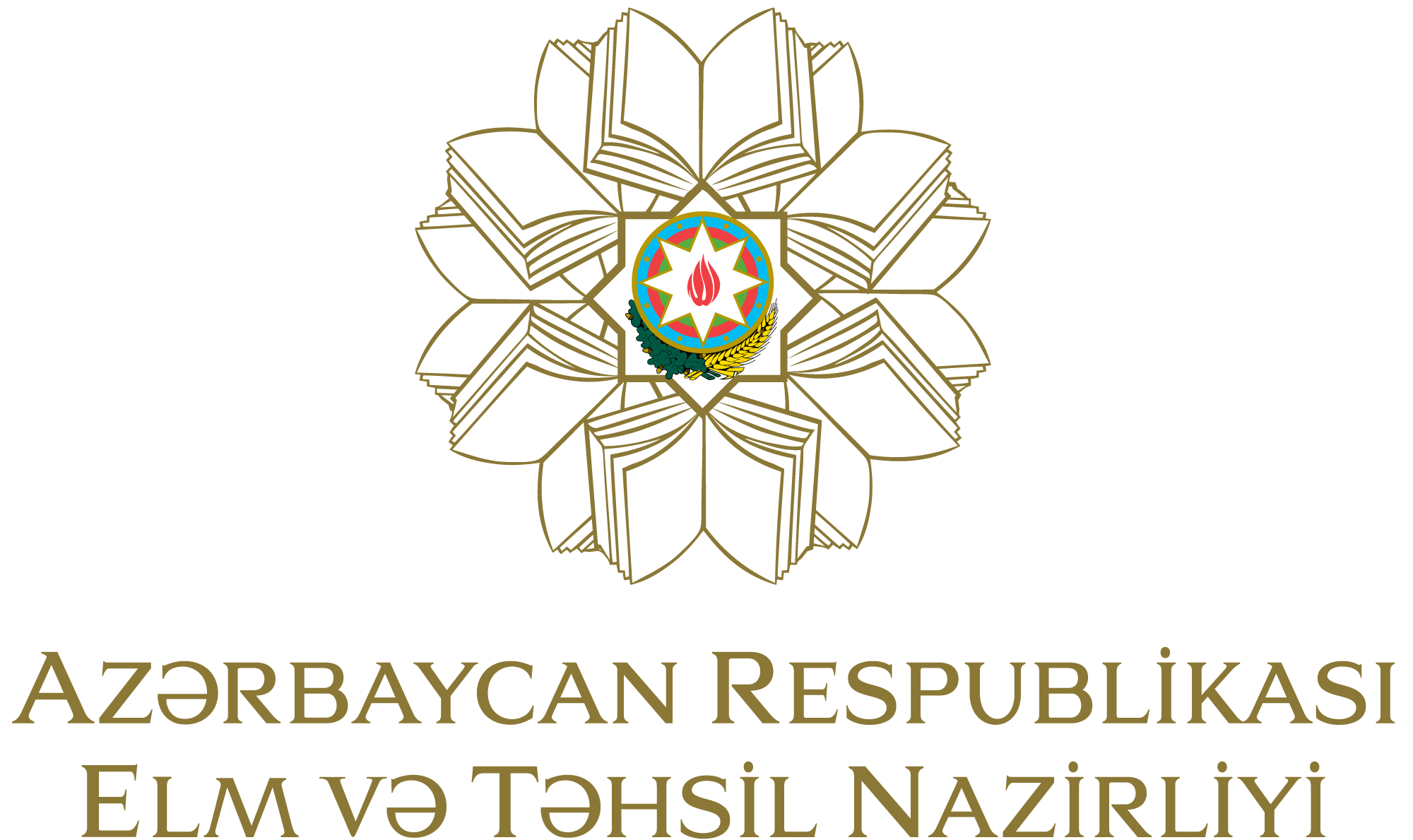
Licensing
License - is an official document issued by the licensing authority to an applicant to carry out the relevant type of entrepreneurial activity.
Regardless of the organizational and legal form, a legal entity, a branch or representative office of a foreign legal entity may apply to the competent authority for a license for operation of educational institutions.
.jpg)



